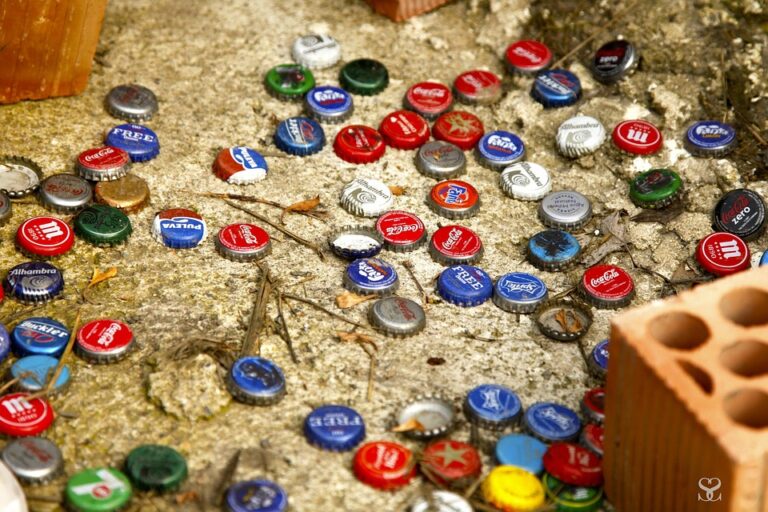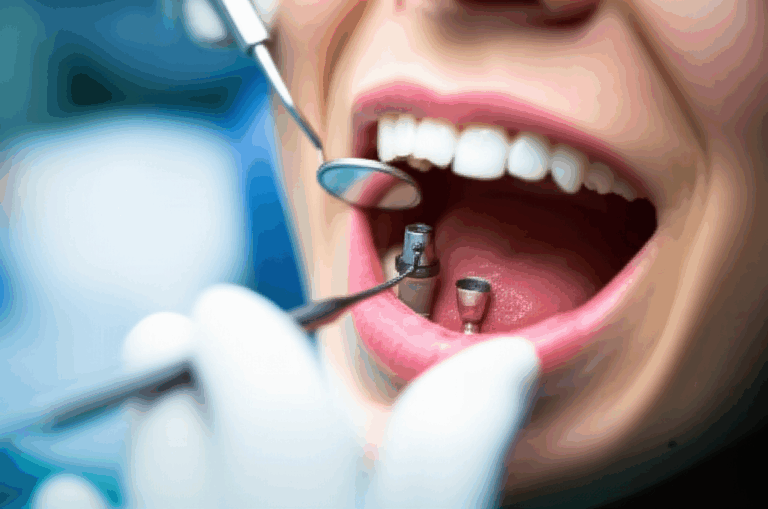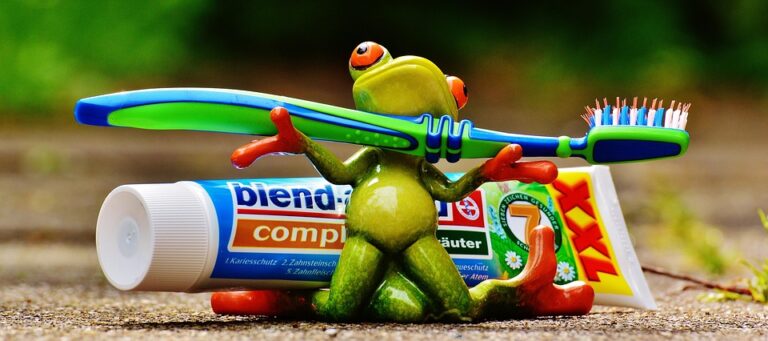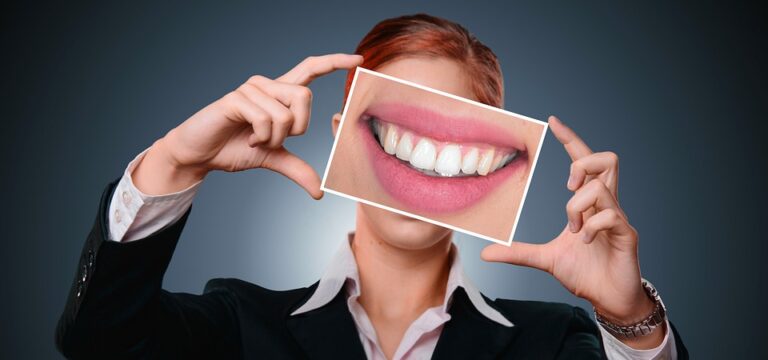
Can Dental Problems Cause Facial Twitching? Understanding the Link and What to Do
Have you ever had a sore tooth and suddenly felt your cheek or eye twitch? You’re not alone. Lots of people wonder if tooth problems can make their face twitch. In this article, I’ll tell you exactly how issues with your teeth might make your face twitch—and what you can do to make it stop. If you’re bothered by this weird feeling, keep reading. You’ll find out when to see a dentist, what treatments can help, and how to keep your mouth—and face—healthy.
Table of Contents
- What Happens When Your Face Starts to Twitch?
- How Are Teeth and Facial Muscles Connected?
- Can Tooth Infections Make Your Face Twitch?
- How Do TMJ Disorders Cause Twitching?
- Why Does Grinding Your Teeth Lead to Muscle Spasms?
- Can Gum Disease or Dental Abscesses Cause Facial Spasms?
- What About Wisdom Teeth or Dental Treatments?
- Which Other Symptoms Should You Notice?
- When Should You See a Dentist or Doctor?
- What Are the Main Ways to Treat Dental-Related Facial Twitching?
- Are There Other Causes of Facial Twitching?
- How Can You Prevent Dental Problems and Facial Twitching?
- What Can A Professional Dental Lab Do For You?
- Key Points to Remember
- What Happens When Your Face Starts to Twitch?
You’re brushing your teeth, or maybe your tooth hurts, when all of a sudden your cheek or eyelid starts to twitch. It could feel like a little flutter or a bigger jerk. This is called a facial muscle spasm or a facial twitch. Sometimes it stops fast. Sometimes it comes and goes. You might think, “Is my tooth pain making this happen?”
Face twitching isn’t just annoying. It can make you worry—especially if you don’t know what’s causing it. The good news? There’s often a reason, and it’s often got something to do with your teeth or jaw.
- How Are Teeth and Facial Muscles Connected?
There are lots of small muscles and nerves in your face. The biggest nerve is called the trigeminal nerve. It carries pain, touch, and temperature messages from your face to your brain. It also helps you chew, talk, and make faces.
Your teeth, gums, and jaws are all joined together by this nerve network. If something bothers a tooth, the pain can spread. It might jump to a muscle in your jaw. Or, if the nerve gets upset, it can send “funny” messages. These mixed-up messages can make the muscles in your face twitch. It’s kind of like when a wire short-circuits—the message gets confused.
- Can Tooth Infections Make Your Face Twitch?
Now, let’s get into one big problem: infections. A dental abscess or a gum infection can make things swell up. When your gums or teeth get infected, the area around them gets swollen. This swelling presses on nerves, especially those near your jaw—like the trigeminal and facial nerves.
What’s next? The nerves can get “bothered” by the swelling and start sending out wrong messages to your muscles. The result? You might feel small twitches, tingling, or even numb spots in your face. Sometimes the twitch is close to where the problem is. Other times, it travels to another part of your face. That’s why people with bad tooth infections sometimes have twitching in their cheeks or near their eyes.
There’s a good example from a recent case. Someone had a dental abscess and then got twitching near their lower cheek. After the dentist fixed the tooth and gave them medicine for swelling, the twitching stopped—showing how it was related.
- How Do TMJ Disorders Cause Twitching?
Let’s talk about your jaw joint—the temporomandibular joint, or TMJ. This is the hinge by your ear that lets you talk and chew. When the TMJ isn’t working right (TMJ disorder or TMD), you can get all kinds of trouble: jaw pain, headaches, soreness, and yes—even twitching.
Here’s why: the jaw joint is close to lots of facial muscles and nerves. If it’s swollen or not lined up right, it can put stress on the muscles—like the masseter and temporalis muscles. Sometimes these muscles get overused or tight. Or, the nearby nerves (like the trigeminal nerve) get squished or upset.
This can make the muscles start to spasm or twitch. In fact, up to 20% of people with TMD say they have facial twitching! If your jaw clicks, gets stuck, or hurts—and you also get twitching—TMJ trouble might be why.
- Why Does Grinding Your Teeth Lead to Muscle Spasms?
Do you grind your teeth at night? Or clench your jaws when you’re stressed out? This is called bruxism. Not only does bruxism wear down your teeth, but it also tires out the muscles in your face and jaw. These muscles can get sore and then start to twitch.
Bruxism is pretty common. Almost 10 out of 100 adults have it. When you grind your teeth, the masseter and other muscles work hard—even when you’re sleeping. After a while, this makes your muscles tired. Tired muscles are more likely to twitch. You know how your eyelid can twitch after a long day looking at screens? Your jaw muscles can act the same way when you grind your teeth.
How can you tell if you have bruxism? You might feel pain in your jaw, get headaches, see your teeth are wearing down, or wake up with a sore face. And, of course, you might get facial twitches.
If you think you grind your teeth, ask your dentist about night guard dental lab options. These can protect your teeth and give your muscles a break.
- Can Gum Disease or Dental Abscesses Cause Facial Spasms?
Besides TMJ and teeth grinding, gum disease (like periodontitis or gingivitis) and dental abscesses play a big role. When your gums are swollen and infected, they can squish nerves in your mouth and jaw. Sometimes, these nerves control muscles in your face, lips, or eyelids.
Dental abscesses, especially ones deep near the jaw bone, are really known for bothering nearby nerves. As the pressure builds, you might feel not only pain or swelling but also little muscle twitches. You might even feel numbness or tingling before the twitching starts.
It’s not just the tooth that hurts—sometimes infections can spread or make swelling in your whole face and mouth area. That means more nerves are bothered, and there are more chances for weird muscle movements.
- What About Wisdom Teeth or Dental Treatments?
Sometimes, it’s not an infection or gum problem, but something new happening—like a growing wisdom tooth, a recent root canal, or a tooth pulled out. Any of these can bother nerves if they are close.
For example, if a wisdom tooth is impacted (stuck under the gums), it might press on a nerve. Even after a dental treatment, swelling or healing tissue might touch a nerve. This touching can “tickle” the nerve, making muscles twitch until you heal.
Dental injuries—like being hit in the mouth—can also set off nerve trouble. That’s why your dentist will check not only your teeth but also the nerves around them if you say your face started twitching after dental work.
- Which Other Symptoms Should You Notice?
How do you know if your face twitching is from dental problems? Look for these other symptoms:
- Jaw pain or soreness
- Clicking, popping, or jaw gets stuck
- Headaches around your temples
- Ear pain or ringing in your ears
- Aching or sensitive teeth
- Swelling in the face, gums, or neck
- Trouble opening your mouth
- Numbness or tingling in your face
- Face looks uneven (if one side looks lower or swollen)
If you have some of these along with twitching, it’s time to check with your dentist. These signs can show there’s a bigger problem that needs quick help.
Check out our article on Dental Diseases to learn about other problems that might affect your teeth and face.
- When Should You See a Dentist or Doctor?
Facial twitching isn’t always serious. But sometimes you shouldn’t wait. If you notice these problems, call your dentist or doctor right away:
- Twitching that never stops, gets worse, or is really annoying
- Twitching with strong pain, swelling, or hot, red skin
- Trouble swallowing or breathing
- Hard time chewing or opening your mouth
- Sudden weakness in your face (like one side droops)
- Problems with your vision or speech
For most dental troubles, see your dentist first. They can look for infections, gum disease, abscesses, or TMJ trouble. If your dentist can’t find the problem, you might need to see a neurologist to check for nerve issues like Bell’s palsy or Trigeminal Neuralgia.
- What Are the Main Ways to Treat Dental-Related Facial Twitching?
How you treat face twitching depends on what’s causing it. Here’s how dentists help most of the time:
Dental Check-Up:
Your dentist will look at your whole mouth and jaw. X-rays or scans (like CT or MRI) might be used to check for infections, jaw joint problems, or tooth issues.
Fixing Infections:
If a tooth or gum is infected, the dentist might give antibiotics, drain an abscess, or do a root canal or take out the tooth.
Help for TMJ & Grinding:
Mouth splints or night guards can keep your teeth safe and relax your jaw. Sometimes, your dentist will suggest jaw exercises, muscle-relaxing medicine, or ways to lower stress. Aching and muscle twitching often get better after these steps.
Managing Pain and Swelling:
You might get medicine for swelling, special exercises, or even Botox shots if muscles keep twitching. Fixing a bad bite might mean you need braces, a new crown, or a bridge. Ask your dentist about working with a crown and bridge lab to find what fits you best.
Referrals:
If needed, your dentist might send you to a dental specialist or a neurologist to look for other reasons.
Home Care:
Good dental habits, warm packs, and skipping hard or chewy foods can help while you’re healing.
- Are There Other Causes of Facial Twitching?
Sometimes, dental problems aren’t the reason for twitching. Other things that can cause it are:
- Stress and worry
- Too much caffeine
- Not enough sleep (tiredness)
- Not getting enough vitamins or minerals, like magnesium or B12
- Some medicines
- Serious nerve problems (multiple sclerosis, stroke—usually with more symptoms)
If your dentist checks your mouth and can’t find the problem and the twitching won’t stop, see your doctor or a nerve specialist.
- How Can You Prevent Dental Problems and Facial Twitching?
What’s the best way to stop face twitching from tooth problems? Take care of your teeth and gums! Here’s what to do:
- Brush and floss your teeth in the morning and night.
- Go to the dentist twice a year, or any time something hurts or swells.
- Don’t chew on hard stuff (like ice or pens).
- Use a mouth guard if you grind your teeth.
- Eat healthy foods with lots of vitamins, minerals, and water.
- Keep your face safe during sports or rough play.
- If you have braces, crowns, or bridges, keep them clean and follow your dentist’s rules. Try a trusted digital dental lab for the best results.
Simple changes can help you avoid painful surprises—and help your face relax!
- What Can A Professional Dental Lab Do For You?
A good dental lab helps your dentist make custom things that fit you right. You might need a new crown after a root canal, or a good mouth guard to stop grinding. Maybe you need help with dentures or implants.
Try looking for a china dental lab that uses up-to-date ways and good materials. The right lab makes your stuff carefully, so it fits nice and feels safe. This helps keep your teeth—and your face—healthy and twitch-free!
- Key Points to Remember
- Dental problems can cause face twitching—especially when nerves get bothered or muscles get tired.
- The main dental reasons are infections, abscesses, TMJ trouble, teeth grinding, and injuries.
- Other things like pain, swelling, jaw problems, or numbness often show up too.
- Don’t wait: If you have twitching that doesn’t stop or hurts a lot, see your dentist as soon as you can.
- Treatments can be antibiotics, dental fixes, guards, exercises, or sometimes even Botox shots.
- Visit your dentist for regular checkups and use custom-made things from a good dental lab when you need them.
- Keep your teeth clean and protect them to lower the chance of twitching.
If you ever get a weird twitch in your face and a sore tooth, now you know why! The mouth is the door to your whole body, and taking care of it helps the rest of you feel good too.
References:
Table 1: Quick Guide to Dental Problems & Facial Twitching
| Dental Problem | Common Twitch Areas | Other Symptoms | Treatment |
|---|---|---|---|
| Tooth Infection | Cheek, jaw, lower face | Swelling, pain | Antibiotics, root canal, pull tooth |
| TMJ Disorder (TMD) | Jaw, temple, cheek | Clicking, jaw pain | Mouth guards, exercises, medicine |
| Bruxism (Grinding) | Jaw, cheek | Headaches, soreness | Night guards, less stress |
| Gum Disease | Lips, lower face | Red, swollen gums | Deep cleaning, medicine |
| Wisdom Teeth Trouble | Jaw, tongue | Swelling, pain chewing | Pull tooth, anti-swelling pills |
| Dental Trauma | Where hit | Swelling, loose tooth | Tooth repair, split, medicine |
Want to read more? Check out Teeth Health and Teeth Information for ideas on keeping your smile strong and your face feeling good.








